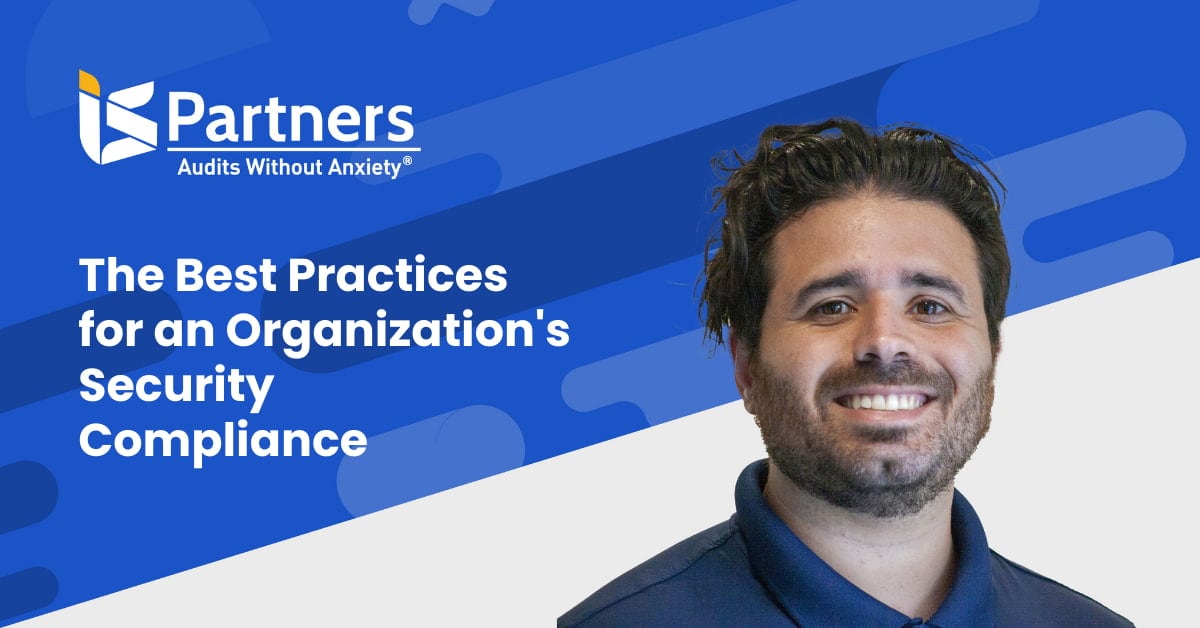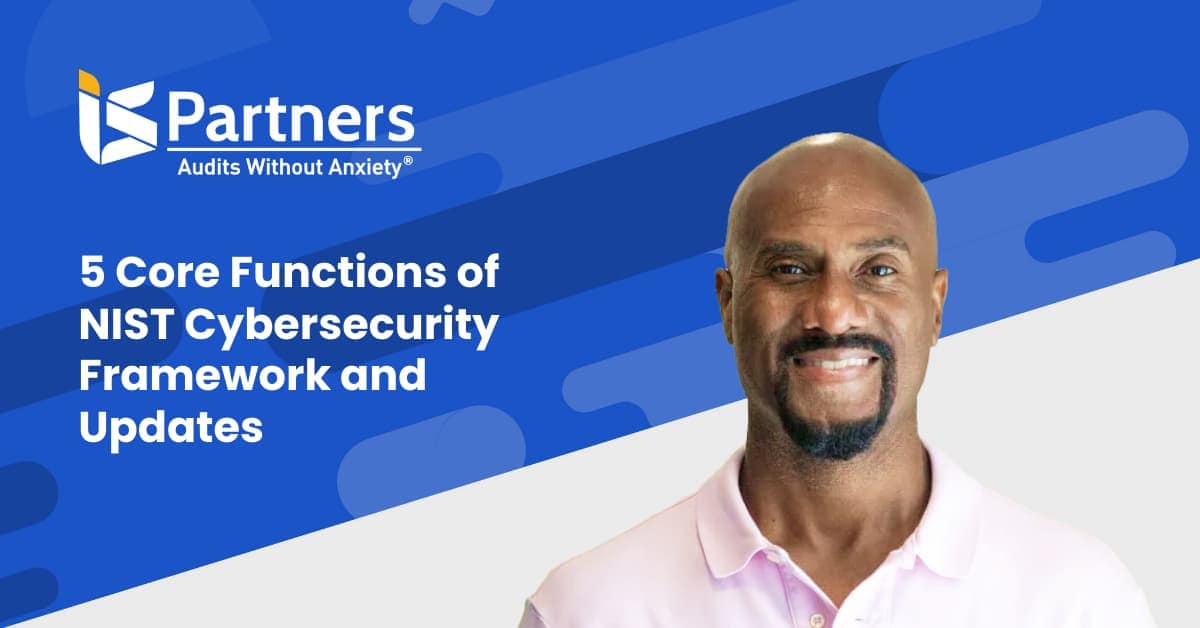Since most modern enterprises rely heavily on technology as a standard course of business, it probably isn’t much of a stretch to suggest that the role of the Chief Information Security Officer (CISO) is vital to nearly every company today.
Who Is Your CISO?
Your organization’s CISO is, as the name indicates, responsible for your information security. As data breaches and other security issues only continue to spiral in tandem with the world’s adoption of technology, this role is non-negotiable for businesses committed to protecting their data assets.
This senior-level executive establishes and maintains the enterprise’s vision and strategy that ensures the protection of data and technologies. He or she is also responsible for directing the staff to identify, develop, implement, and maintain set processes and controls that intend to reduce risks to the information technology environment.
Why Is It a Challenge to Hire a CISO?
- Requires a high degree of cybersecurity knowledge. This role should not be taken lightly. Fulfilling the role of CISO also means staying up to date on the various regulatory standards, as they are complex and new versions are released every few years as technologies and best practices evolve.
- It can be a time-consuming role. In the past, companies have either hired someone to fill this critical position as a “traditional CISO,” or they have asked a member of the executive team to take on these responsibilities, in addition to their own regular duties. However, because the time requirements to stay up to date on compliance regulations and oversee security efforts can be hefty, many organizations need more than part-time support.
- Shortage of skilled cybersecurity professionals. It is simply becoming harder to find a candidate who meets the criteria to fill the chief information security officer role. There is a pervasive shortage of cybersecurity practitioners, including CISOs.
“100% of large corporations (Fortune 500, Global 2000) globally will have a CISO or equivalent position by 2022 (up from 70% in 2018), although many of them will be unfilled due to a lack of experienced candidates.”
– Cybersecurity Ventures
Good CISOs are highly sought after and are generally well paid, so many companies—particularly small and medium-sized-business (SMB) enterprises—are looking for alternatives. Fortunately, there are even more CISO options available for companies that would like to avoid filling this position with a traditional hire while still fully protecting their data assets and technology.
The Virtual CISO May Be the Perfect Alternative
The virtual CISO—also referred to as a vCISO for short—is essentially just like a full-time, on-site CISO; except he or she is not permanently at the business site. The virtual CISO learns everything about the company’s technology and data assets and helps to develop, strategize, plan and execute a strong, actionable security program.
Some of the core tasks of a vCISO include:
- Managing the information security team
- Engaging with executive management
- Providing updates to the board of directors on the state of the organization’s security
- Developing, drafting, and updating policies, standards, procedures and guidelines
These tasks, along with many others, require special attention from a dedicated professional who comprehends the vital importance of their work.
With the ever-increasing rise in risks in cybersecurity that all too often result in data breaches, as well as a continuous flurry of governmental regulations, the role of CISO is crucial. The CISO-as-a-service option provides an efficient, affordable and completely comparable alternative to the traditional CISO for any organization.
Why the Demand for vCISOs Is Currently on the Rise
Similar to many other industries in this period, there is currently a shortage of certified, skilled cybersecurity professionals. Part of this is due to the fact that more companies are seeking virtual CISO services.
Demand for a reliable CISO is on the rise because security threats are greater and more frequent than ever. Because of the expense and potential damages caused by a breach, businesses are looking for prevention, rather than a cure.
Plus, more and more regulatory standards are requiring that organizations appoint a CISO to lead their cybersecurity efforts. Certain types of organizations are required to have a designated CISO by some compliance regulations, including:
- New York Department of Financial Services (NYDFS),
- NAIC’s Insurance Data Security Model Law, and
- Massachusetts Consumer Affairs’ 201 CMR 17 law.
vCISOs also provide the flexibility that many organizations require. Outsourcing is a great solution when a company needs a dedicated CISO, but it’s not necessarily a full-time role. For many small to mid-sized entities, this cybersecurity role is more than an add-on that can be covered by another employee and less than a full-time role. And the economics make sense considering that hiring an internal CISO is expensive these days.
What Are the Benefits of Using a Virtual CISO?
There are several benefits when choosing to engage the services of a virtual CISO to secure digital information. A few of the most frequently noted benefits include:
- IT Expertise at a Fraction of the Cost
- Relief for the CIO and Information Security Team
- Specialized Knowledge
- Flexible Availability
- Allows for Relief of Internal Human Resources
- Brings Established Professional Contacts and Relationships
IT Expertise at a Fraction of the Cost
Contracting a vCISO is often far more cost-effective than hiring a traditional CISO for a full-time position. If you consider that in 2021, the annual salary of a full-time, in-house CISO ranges from $180,000 to $310,000, outsourcing adds up to big savings. This is especially true for companies that need less than 2000 hours per year to cover the position.
Support for the CIO and Information Security Team
Perhaps the organization mostly has security efforts covered. They just need a little extra help. The vCISO can pitch in where most needed, helping the organization’s CIO fill in any gaps that might include gathering security policies, guidelines and standards to prepare for a risk assessment.
Specialized Knowledge
The company may need assistance in gaining a better understanding of certain types of compliance, such as HIPAA, PCI, GDPR, GLBA or others. A vCISO with such specialized knowledge can manage these issues expertly while getting everyone else up to speed to handle issues when they arise. Their focus on best practices for specialized matters means that an organization does not need to worry about re-education or providing additional education to their full-time employees.
Flexible Availability
The vCISO often engages more than one client at a time, but he or she does allot a certain amount of time to each client. Generally on-call and available for on-site or off-site work, a vCISO offers a short-term professional relationship with limited risks. Mutual flexibility is often an attractive feature for both parties.
Lightens the Workload for Internal Human Resources
If an organization has been “making do” with an ad hoc CISO team of several people to cover all the CISO duties, they can now relieve those human resources to return to their regular duties. The employees will enjoy the relief of managing only their core responsibilities while the company can count on a designated professional to help maintain peak security.
Brings Established Professional Contacts and Relationships
Depending on the virtual CISO’s professional background, he or she has likely built professional relationships among a variety of vendors in the tech industry. These types of contacts can provide companies with a leg up on solutions to urgent data security issues that may arise. The vCISO may reach out to these contacts for ideas on plans of action and other resources.
These benefits and others make the vCISO a hot prospect in today’s digital business landscape where many companies seek solutions to their digital security needs while struggling to find the right candidate within their budget.
Who Needs a Virtual CISO?
There are a few different types of companies that may seek out a virtual CISO over a traditional CISO.
Companies on a Tight Budget
Most often, the reasoning simply involves affordability. A small or medium-sized business owner may not have the budget to pay a high-caliber CISO full-time. They may, however, easily fit a vCISO into the books because they are estimated to cost between 30% and 40% of a full-time CISO and are available on-demand.
Companies on a Tight Schedule
Sometimes companies may have the monetary budget to hire the right candidate, but they don’t have time to conduct the search or get a full-time CISO familiar with their digital landscape. These companies can benefit from bringing in a vCISO with just the right expertise and knowledge of best practices without the need for additional training or education. The virtual CISO can come in and, with little effort, can start working to protect the organization’s technology platform and information assets.
Do You Need a Virtual CISO?
Have you been “getting by” without officially filling the position of CISO? Did your traditional full-time CISO recently leave and you are considering alternative options for filling that role? I.S. Partners can help you determine whether you need a virtual CISO or a traditional CISO, based on factors like your budget and the human resources you currently have available to you. Contact us today.




